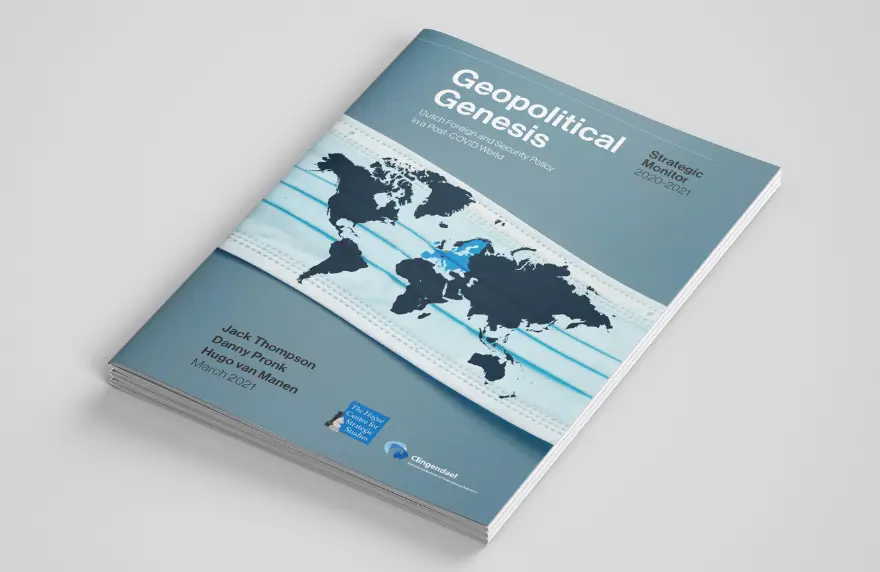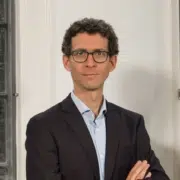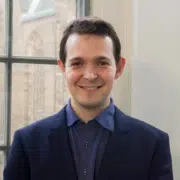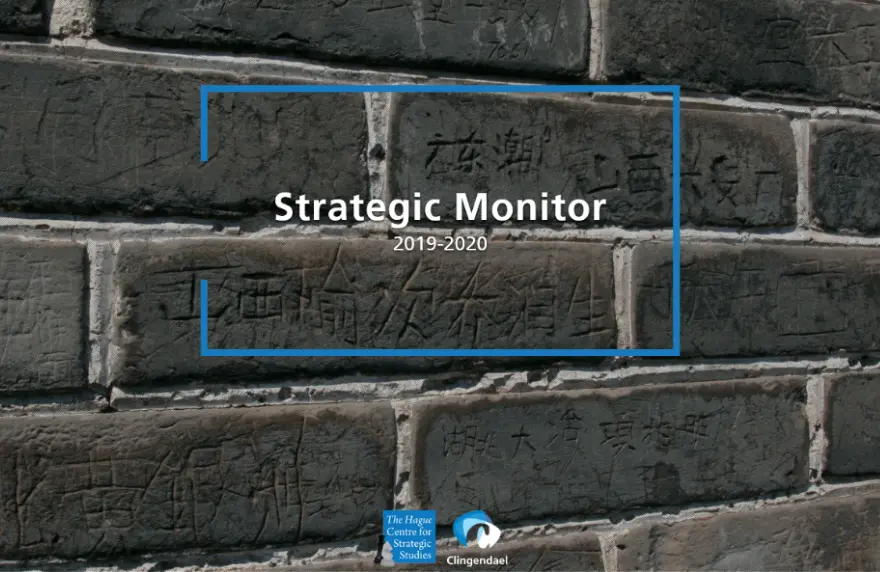Research
In order to remain on top of the rapid changes in the international environment, the Dutch Ministry of Foreign Affairs and Ministry of Defence have tasked The Hague Centre for Strategic Studies (HCSS) and the Clingendael Institute to conduct research within the framework of the Strategic Monitor, which monitors trends and developments in the international order and presents a risk analysis on the national security of the Netherlands.
The main theme of the 2020-2021 Strategic Monitor, “Geopolitical Genesis: Dutch Foreign and Security Policy in a Post-COVID World”, is that now is the time for the European Union to consolidate its status as a nascent global power, and that the Netherlands must play an active role in this. In spite of the election of President Biden, transatlantic relations will not return to the pre-2016 status quo, the researchers argue. Europe will have to take more responsibility for its own defense and pursue a more assertive and strategic foreign policy. As a relatively small country, the Netherlands can play a bridging and facilitating role in a few key areas, but a more unified European approach will also be necessary in order to be able to resist the divide and conquer tactics of countries such as China and Russia. While China will remain an important trading partner, it poses significant economic and political challenges.
Download the Strategic Monitor PDF here.
The report describes six major challenges that the Netherlands and the EU will face in the post-corona world over the next ten years:
- The nature of multilateralism is changing. Cooperation will continue to be a central feature of the international system, but it will frequently occur in ad hoc and rapidly shifting arrangements.
- Interaction between the major powers will play a greater role in shaping the global system.
- Middle powers are becoming more assertive in defending their interests, as the multilateral system changes and competition between major powers intensifies.
- As a result of the evolution of the multilateral system and increasing competition between the great powers, non-state actors are gaining more power and influence.
- Gray zone operations, or hybrid warfare, are an increasingly important feature of the international system, one that presents more challenges for democracies than for authoritarian states.
- The impact of climate change on international peace and security will continue to increase in the coming years.
The Strategic Monitor 2020-2021 provides recommendations for Dutch foreign and security policy to meet these challenges:
- It recommends a more independent and active geopolitical approach in order to protect Dutch and European interests and values.
- A more assertive and, unified stance toward China.
- A more sophisticated and more unified approach to dealing with Russia.
- Due to its historically close ties with the US, the Netherlands should strive to fulfill a transatlantic bridging function in specific policy areas. Within NATO, the Netherlands and Europe should aim for a more equal burden-sharing arrangment with the US and do more to promote peace and security in its own region.
- The Netherlands should collaborate strategically with other middle powers, especially in the Global South, both in the fields of trade and security.
- The Netherlands and its European partners should develop a more sophisticated approach to non-state actors, who play an increasingly important role in the international system. This approach should leverage the crucial work done by non-state actors in areas such as public health and climate change, but also disincentivize the problematic behaviors that are inevitable with these self-interested actors.
- Finally, and perhaps most importantly, the Netherlands should do even more to engage with other actors, both at the state level and in cooperation with sub-state and non-state actors, to fight climate change and to mitigate the worst consequences.
This list of recommendations is not exhaustive, but it does offer a broad blueprint for the Netherlands and its EU partners to begin moving beyond their long-standing political and security dependence on the United States. Doing so is necessary, both in order to solidify the European Union’s status as a global power – and Dutch influence within the EU – and to more effectively address the complex challenges they face. Indeed, from the perspective of this to this report, it is an indispensable phase in their geopolitical genesis.
***
The Strategic Monitor 2020-2021 was commissioned by the Netherlands’ ministries of Foreign Affairs and Defence within the PROGRESS framework agreement, Lot 5 (Strategic Monitoring & Foresight). Responsibility for the contents and for the opinions expressed rests solely with the authors. Publication does not constitute an endorsement by the Netherlands’ ministries of Foreign Affairs and Defence.

The Hague, March 3rd, 2021 – Researchers Danny Pronk and Jack Thompson from the Clingendael Institute and HCSS present the Strategic Monitor to the Minister of Defense, Ank Bijleveld.






